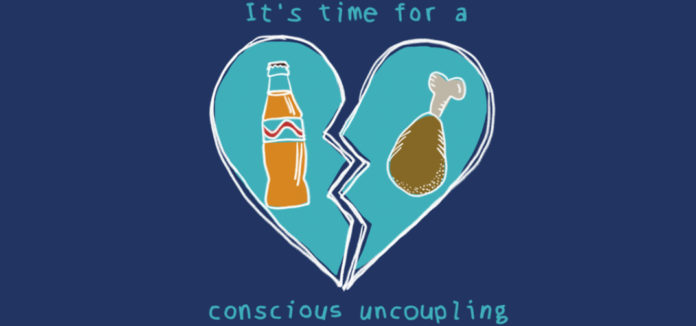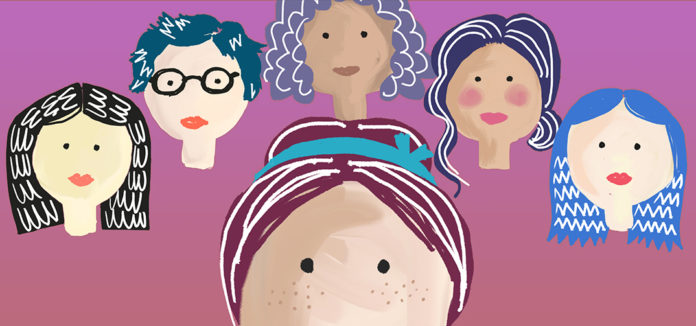Does going on vacation stress you out? You are not alone. I have a number of patients who have difficulty winding down. As one patient explained, “The more I try not to think about work, the more I think about work.” Another patient actually dreads downtime: “I miss the high energy of being at the office.” A third patient rejects the notion of being told what to do: “I told my wife, I cannot be told to relax on command.”
Downtime can be a challenge. It’s less about being a workaholic and more about the need to have your mind occupied all the time, whether it’s listening to the news while showering or a podcast on the way to work or jogging, watching tv before bed or playing CandyCrush in line at the salad bar. Every free moment is filled. And those with high-powered jobs aren’t the only ones who suffer from this. Children often don’t know what to do when they have nothing to do.
But the benefits of alone time abound. Studies show that solitude is crucial for the development of the self. As highlighted in a study entitled, Solitude: An Exploration of Benefits of Being Alone, solitude is associated with freedom, creativity, intimacy, and spirituality.
Spending time alone means growing spiritually, discovering your identity without outside distractions, having the freedom to do what you want without needing to cater to other people’s wants and thriving creatively.
Meditation and other relaxation techniques are useful ways to make downtime more tolerable and also productive. By gaining control over one’s thoughts, the little annoyances like traffic jams and waiting rooms become less stressful and the big questions become less daunting.
These days I spend a lot of time talking to my patients about how they spend their days. I prescribe at least 15 minutes a day, every day, of doing NOTHING. As a result, their mind-set about free time has shifted. Instead of thinking of downtime as a source of anxiety, they now think of it as a privilege.
Best of all, they look forward to vacations.
This article first appeared on The Wall Street Journal
I wish you all the best,
Dr. Samantha Boardman







